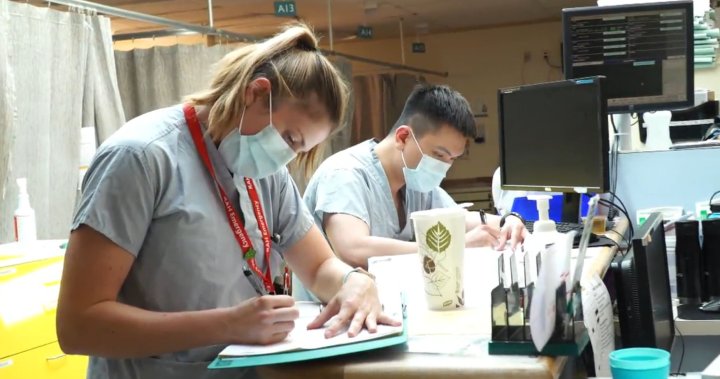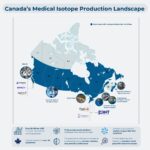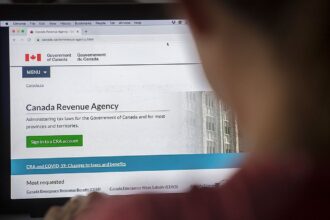The Alberta government’s recent decision to eliminate COVID-19 vaccine requirements for health care workers has ignited a firestorm of criticism from medical professionals and health organizations across the province. The controversial policy shift, announced last week by Premier Danielle Smith’s United Conservative Party government, represents a dramatic departure from longstanding public health protocols that experts warn could have far-reaching consequences.
“This isn’t simply a matter of individual choice—it’s about protecting vulnerable patients,” said Dr. Maria Ramirez, an infectious disease specialist at Calgary’s Foothills Medical Centre. “When healthcare workers remain unvaccinated, they potentially become vectors for disease transmission in environments where our most vulnerable citizens are seeking care.”
The policy reversal comes as Alberta health officials report a gradual uptick in COVID-19 hospitalizations heading into the fall season. According to Canada News data, the province has seen a 12% increase in COVID-related hospital admissions over the past month, raising concerns about system preparedness as respiratory illness season approaches.
Health care unions have been particularly vocal in their opposition. The United Nurses of Alberta, representing over 30,000 registered nurses and allied health workers, issued a statement calling the decision “reckless and potentially dangerous” to both healthcare workers and patients. Their president emphasized that vaccine requirements have been standard practice in healthcare settings for decades to prevent the spread of numerous communicable diseases.
“We’ve required healthcare workers to be vaccinated against hepatitis, influenza, and other transmissible illnesses for years,” noted Dr. James Harrison, former chief medical officer for Alberta Health Services. “The science hasn’t changed—only the politics have.”
The Alberta Medical Association has also expressed grave concerns, with over 700 physicians signing an open letter urging the government to reconsider. The letter points to multiple peer-reviewed studies demonstrating that healthcare worker vaccination significantly reduces nosocomial infections and protects immunocompromised patients.
Meanwhile, government officials defend the policy as aligning with their broader strategy of “normalizing” the approach to COVID-19. Health Minister Adriana LaGrange stated that “Alberta is moving forward with policies that respect individual healthcare choices while maintaining appropriate safety measures.”
Critics, however, argue that this represents a troubling politicization of public health policy. Dr. Sarah Chen, an epidemiologist at the University of Alberta, told CO24 News: “When we begin making healthcare decisions based on political ideology rather than scientific evidence, we’re entering dangerous territory. The fundamental purpose of these policies is to protect the most vulnerable.”
Patient advocacy groups have also entered the fray, with several expressing concern about how the policy might affect vulnerable populations. The Alberta Coalition for Patient Safety issued a statement highlighting that immunocompromised patients and those with chronic conditions face significantly higher risks from COVID-19 exposure.
This controversy unfolds against the backdrop of similar debates across Canada, as provincial governments grapple with the transition to endemic management of COVID-19. Healthcare policy experts note that while most jurisdictions are scaling back some pandemic measures, Alberta’s approach represents one of the most dramatic reversals of healthcare worker vaccination requirements in the country.
As the fall respiratory illness season looms, the question remains: at what point does individual choice in healthcare settings begin to infringe upon the collective safety of those most vulnerable to infectious disease? For Alberta’s healthcare community, the answer seems increasingly clear—but whether policy will follow the science remains to be seen.











